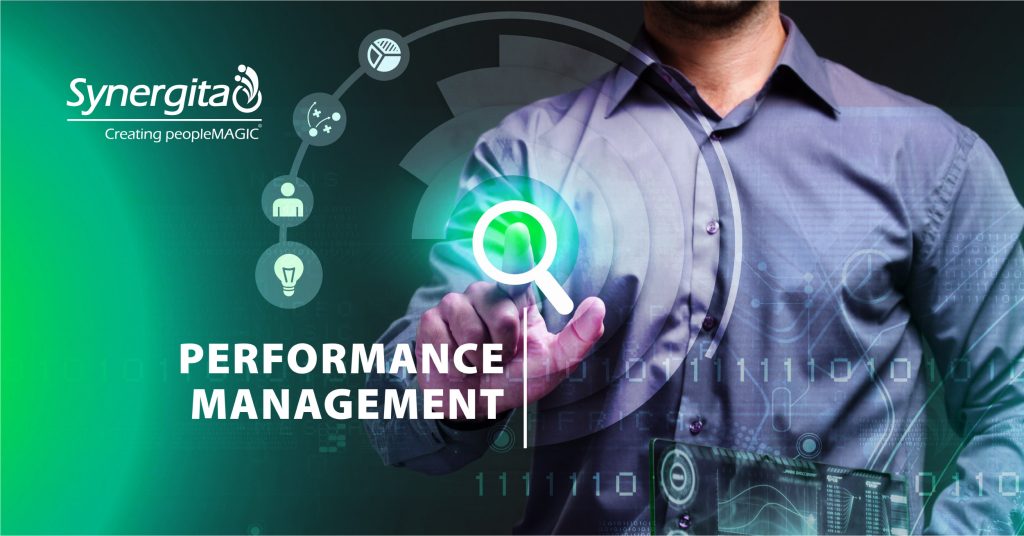Why Performance Management Software is a Must-Have for Today’s Talent-Oriented Organizations
Talent has become a critical factor in the success of any organization, and managing talent effectively is essential for achieving sustainable growth. Performance management software has emerged as a powerful tool that can help organizations optimize their talent management strategy. With features like goal setting, continuous feedback, and performance tracking, employee performance management software provides a comprehensive solution for managing employee performance.
Gone are the days when performance reviews were conducted on an annual basis. Today, employees expect real-time feedback and coaching that can help them improve their performance and achieve their goals. Performance management software or PMS enables organizations to provide continuous feedback and coaching to their employees, which not only improves their performance but also increases their engagement and job satisfaction.
In this blog, we will explore how organizations can maximize their talent potential with performance management software. From improving employee engagement to driving business results, we will examine the many ways in which PMS has become a must-have tool for talent-oriented organizations.
What Is Performance Management Software (PMS)?
Performance Management Software (PMS) is a technology solution that enables organizations to manage and evaluate the performance of their employees. PMS automates and streamlines performance management processes, including goal setting, performance evaluations, feedback collection, and performance tracking.
PMS typically includes features such as goal management, performance tracking, employee feedback, employee engagement, coaching and development, compensation management, and analytics and reporting. By providing a centralized platform for performance management, PMS helps organizations to standardize and improve their performance management processes, leading to increased efficiency and effectiveness.
PMS can also provide organizations with real-time visibility into employee performance by tracking metrics like goal attainment, productivity, and skill development. This can enable managers to identify high-performing employees and areas where improvement is needed.
What is a Talent-Oriented Organization?
A talent-oriented organization is one that places a high value on talent management and development as a key driver of its success. Such organizations are committed to attracting, retaining, and developing high-performing employees who are aligned with the organization’s strategic goals and objectives.
Talent-oriented organizations typically have a strong focus on employee engagement and retention, as well as a culture of continuous learning and development. They invest in training and development programs that help their employees acquire new skills and competencies, and they provide ongoing feedback and coaching to support their employees’ growth.
Additionally, talent-oriented organizations tend to have robust performance management systems in place to assess and evaluate employee performance. They use metrics and analytics to track employee progress, identify areas where improvement is needed, and make informed decisions about compensation and career advancement.

Importance of PMS in Talent-Oriented Organizations
Performance management software has become increasingly essential for talent-oriented organizations as they seek to optimize their talent management strategies and drive sustainable growth. The following reasons explain why talent-oriented organizations need PMS:
- Streamlining Performance Evaluations: Traditional performance evaluations can be a time-consuming and cumbersome process, often requiring significant resources and effort from managers and HR teams. PMS can help streamline the performance evaluation process by automating tasks like goal setting, progress tracking, and feedback collection. This can save time and increase efficiency while also ensuring that evaluations are conducted consistently and fairly across the organization.
- Providing Visibility into Employee Performance: PMS can provide organizations with real-time visibility into employee performance by tracking metrics like goal attainment, productivity, and skill development. This can enable managers to identify high-performing employees and areas where improvement is needed. Additionally, PMS can help identify training and development needs and provide insights into which employees are best suited for roles.
- Fostering a Culture of Continuous Improvement: PMS can help create a culture of continuous improvement by providing employees with regular feedback and coaching. This can help employees develop their skills and achieve their goals, leading to higher levels of engagement and job satisfaction. Additionally, by providing a framework for ongoing performance management, PMS can help organizations stay focused on their goals and adapt to changing business needs.
- Supporting Employee Development and Growth: PMS can support employee development and growth by providing a framework for identifying training and development needs and providing access to relevant resources. This can help employees develop new skills and take on new challenges, leading to increased job satisfaction and retention. Additionally, by providing clear career paths and development opportunities, PMS can help organizations retain top talent and build a pipeline of future leaders.
- Enhancing Communication and Collaboration: PMS can enhance communication and collaboration between managers and employees by providing a platform for ongoing feedback and coaching. This can help employees feel valued and supported while also enabling managers to provide guidance and support in a timely manner. Additionally, PMS can facilitate collaboration between teams by providing visibility into each other’s goals and progress, enabling them to work more effectively together.
- Showcasing the Organization’s Commitment to Employees: By investing in PMS, organizations can demonstrate their commitment to employee development and growth. This can help attract and retain top talent while also improving the organization’s reputation as an employer of choice. Additionally, by providing a framework for ongoing performance management, PMS can help organizations stay focused on their goals and drive sustainable growth over the long term.
Conclusion:
In today’s rapidly changing business environment, talent-oriented organizations face significant challenges in managing their employees’ performance effectively. However, by leveraging the benefits of Performance Management Software (PMS), these organizations can overcome these challenges and drive sustainable growth over the long term.
PMS enables organizations to streamline performance evaluations, provide visibility into employee performance, foster a culture of continuous improvement, support employee development and growth, enhance communication and collaboration, and showcase their commitment to employees. By doing so, organizations can optimize their talent management strategies, retain top talent, and build a pipeline of future leaders.
Thus, PMS is a must-have for talent-oriented organizations seeking to optimize their talent management strategies and drive sustainable growth. By investing in PMS, organizations can stay ahead of the curve and build a high-performing workforce that is aligned with their strategic goals and objectives.
